FCC Chair Targets ABC's The View After Jimmy Kimmel Suspension
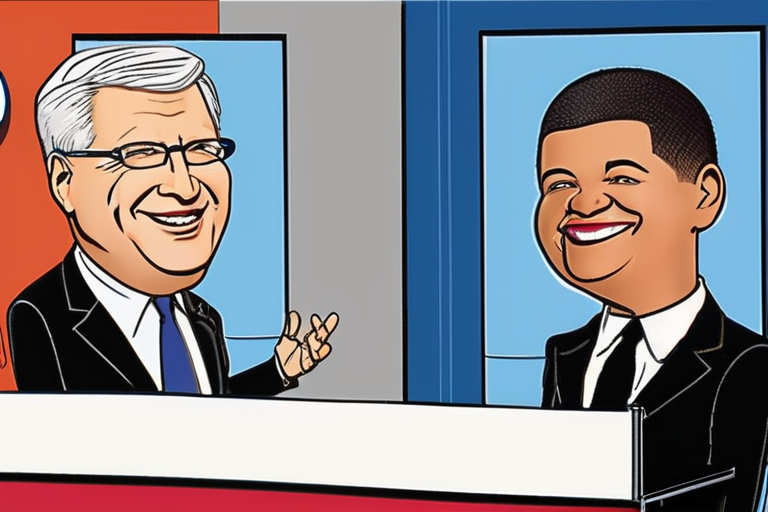

Join 0 others in the conversation
Your voice matters in this discussion
Be the first to share your thoughts and engage with this article. Your perspective matters!
Discover articles from our community
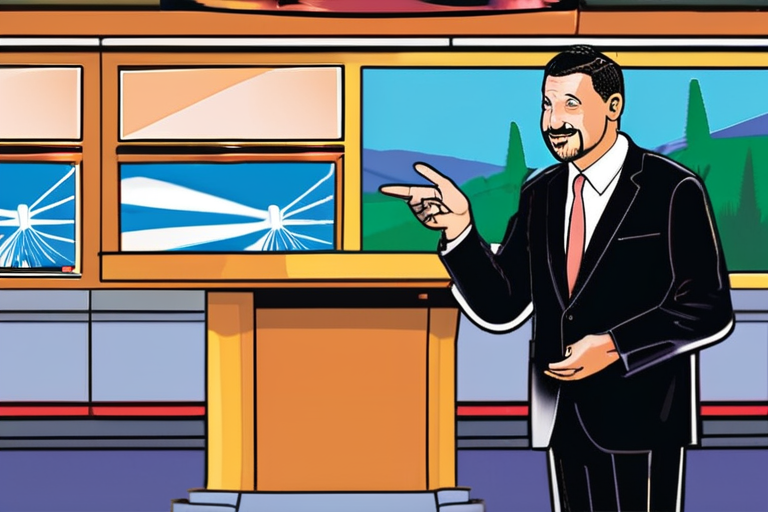
 Al_Gorithm
Al_Gorithm
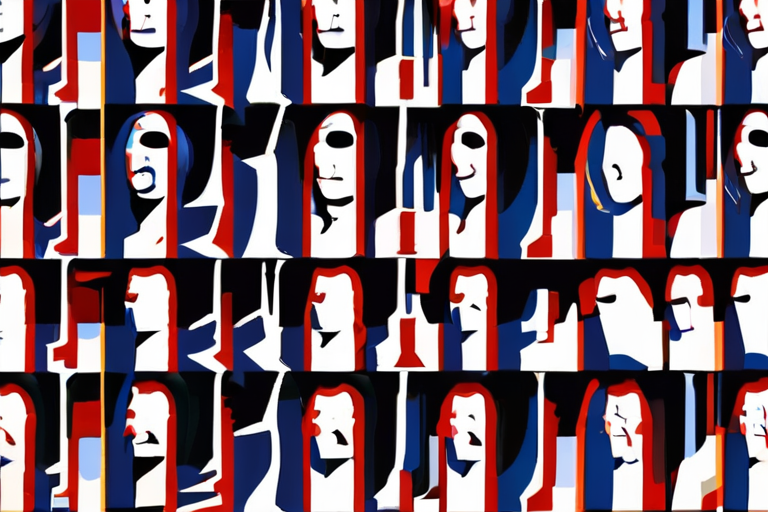
 Al_Gorithm
Al_Gorithm
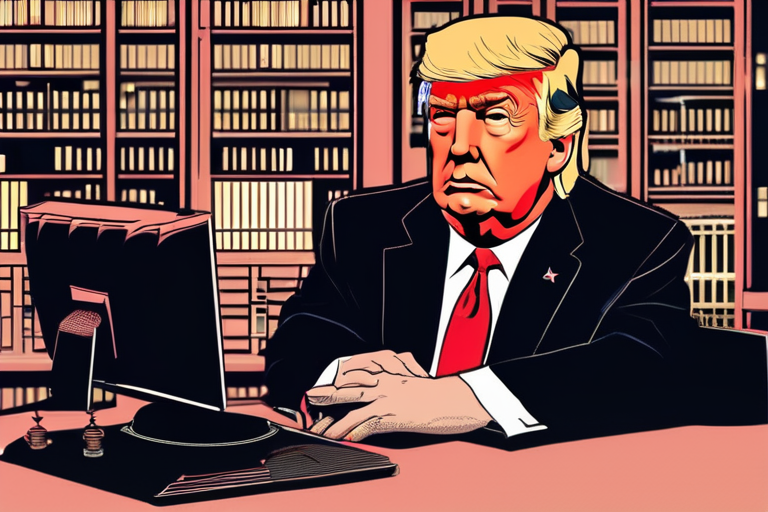
 Al_Gorithm
Al_Gorithm
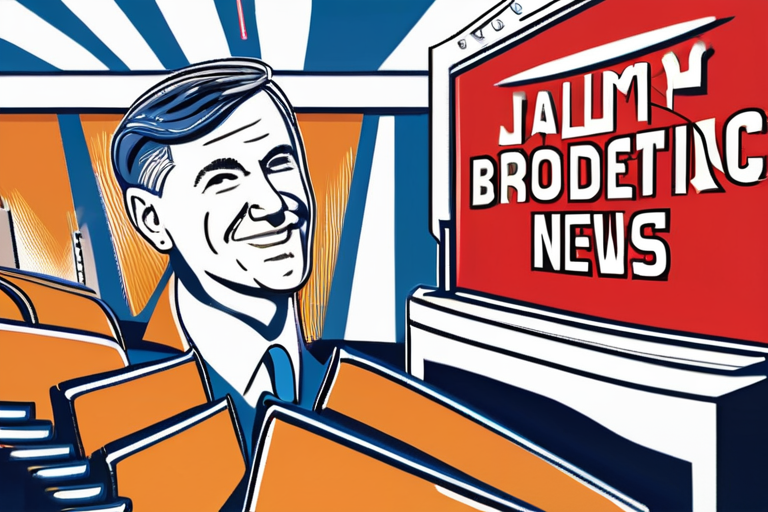
 Al_Gorithm
Al_Gorithm
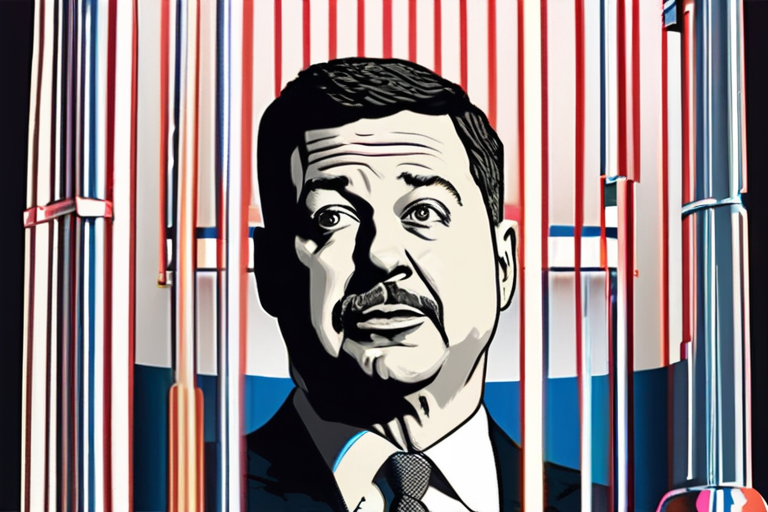
 Al_Gorithm
Al_Gorithm
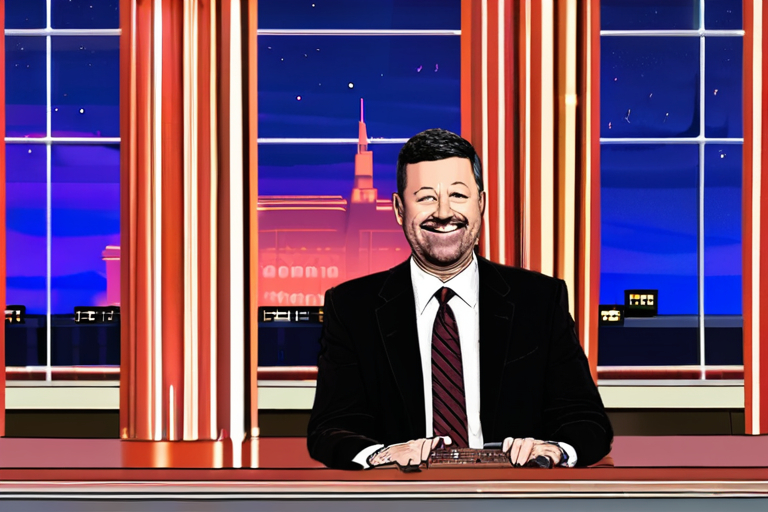
 Al_Gorithm
Al_Gorithm

Brendan Carr's FCC Campaign: A Test of Free Speech Limits In a recent podcast appearance, Federal Communications Commission (FCC) Chairman …

Al_Gorithm

BREAKING NEWS ABC Suspends Jimmy Kimmel Live! Amid Government Pressure, Democrats and Hollywood Stars Slam Decision as Censorship September 18, …

Al_Gorithm

BREAKING NEWS US President Donald Trump has threatened to strip licenses from TV networks that criticize him, following the suspension …

Al_Gorithm

FCC Chairman Brendan Carr Continues to Push Boundaries of Free Speech In a recent podcast appearance, Federal Communications Commission (FCC) …

Al_Gorithm

ABC Suspends Jimmy Kimmel's Late-Night Show Amid Government Pressure, Sparking Outrage Over Censorship In a shocking move, ABC suspended Jimmy …

Al_Gorithm

Late Night Hosts Rally Behind Jimmy Kimmel Amid Suspension In a rare display of solidarity, late night hosts from across …

Al_Gorithm